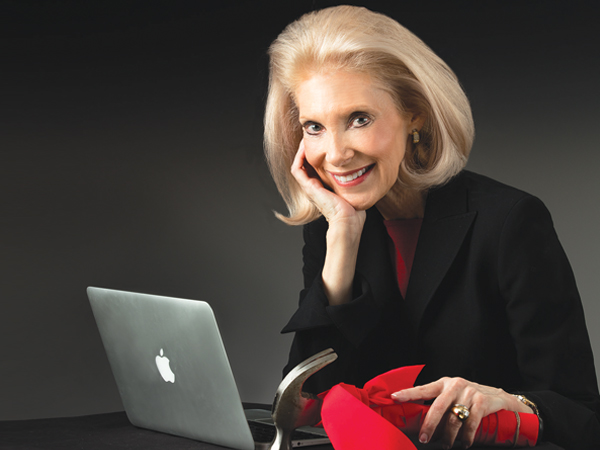My company has tasked me with initiating an employee performance awards program. Any advice on establishing some effective guidelines?
Recognizing exceptional employee performance can boost productivity and morale if structured properly. Unfortunately, too many companies get it wrong and their best intentions can backfire and actually harm overall employee and company performance. Here are some initial guidelines in structuring your program:
DON’T rely solely on predefined criteria awards. Recognition based on clearly defined rules such as ‘Top Salesperson of the Month’ usually includes bonus pay or a cash component. Although this type of award has its place, organizations often overlook its downside. In fact, these awards might encourage employees to game the system or concentrate their efforts more on this aspect of their job at the expense of others instead of less measurable tasks such as collaborating with colleagues. This kind of award also risks producing the same set of winners each time, leaving a majority of your workforce disappointed instead of motivated. Longer term, this scenario even could lead to envy and other destructive employee behavior that potentially could erode the company’s bottom line.
DO use discretionary awards. This kind of award enables a manager to recognize an employee’s noteworthy performance that hasn’t already been acknowledged by bonuses or other incentives. For example, if you wanted to acknowledge someone who exhibits proactive behaviors such as collaboration and teamwork, you might want to praise him/her with a surprise handwritten note or verbal acknowledgement at a weekly staff meeting—the element of surprise can be particularly potent.
DON’T overdo it. When too many people win the same prize, it dilutes the award’s meaning and undermines the essence of acknowledging exceptional achievement. When awards become a matter of course, they quickly lose their power to motivate. And, again, if the same individual is repeatedly recognized, there is less value in each additional award (and it even may invite scorn and ridicule from his/her colleagues).
DO diversify awards. Think about creating different levels of the same award, i.e., gold, silver or bronze winners, or establishing unique awards that hold special value for different behaviors like persistence or creativity. This doesn’t mean managers should create awards for any behavior, but rather, awards should recognize behavior critical to achieving company objectives.
DON’T mindlessly tack on money. Cash awards invariably invite comparisons with different employee bonus recognition awards. Are they too low? Too high? Please keep in mind that employees talk with one another and will compare who got what, so this gesture could become more harmful than intended. Research has indicated that personal recognition from managers can be far more effective than cash.
DON’T underestimate the value of a well-designed award ceremony to demonstrate to winners and non-recipients how important the award and underlying behavior are to the company.
Joan Lee Berkman is a marketing and public relations consultant. If you have a question for Joan, send it to business@townandstyle.com.








